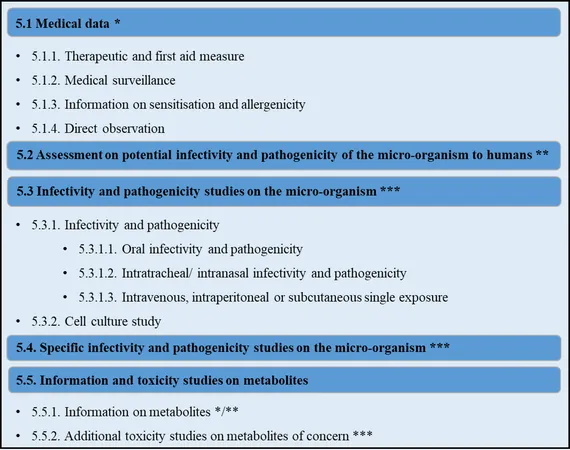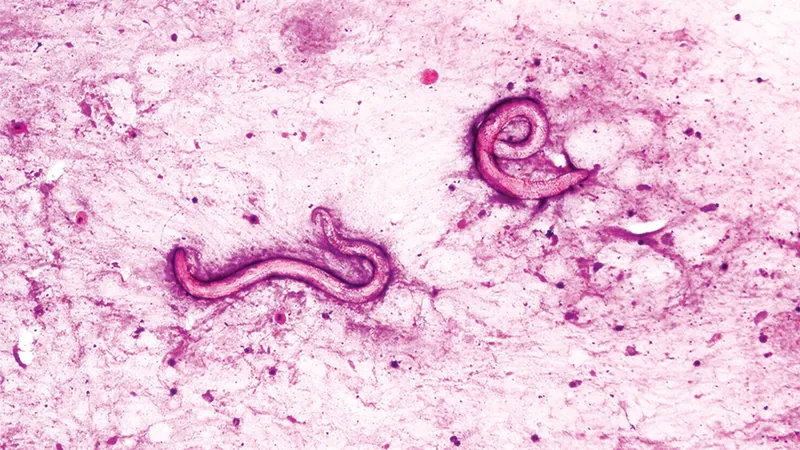
Pandemic Fallout: Surge in Cardiac Deaths Sparks Urgent Concerns About Healthcare System
2025-06-04
Author: Daniel
Surging Cardiac Mortality Rates Raise Alarms
Since the onset of the COVID-19 pandemic in 2020, cardiac mortality rates in Massachusetts have seen a troubling rise, revealing alarming seasonal patterns and an increase in at-home deaths. Recent population-based findings are casting a shadow on the effectiveness of healthcare delivery.
Contradictions in Hospital Data
While cardiac hospitalizations have reportedly declined during the pandemic, the rising death rates suggest a significant number of patients are either not receiving necessary care or are being treated inadequately. Dr. Jason H. Wasfy from Massachusetts General Hospital expressed his concerns: "There’s no reason why outcomes should be getting worse when new treatments and drugs are being developed each year. These findings indicate a systemic issue within our healthcare system.”
Critical Findings From Research
In a recent study published in JAMA Network Open, Wasfy and his team analyzed death certificate records in Massachusetts from January 2014 to July 2024, identifying a staggering total of 127,746 deaths during this period. The data revealed that from 2020 to 2023, observed cardiac mortality rates were consistently higher than expected, with jumps of 16% in 2020 and 17% in both 2021 and 2022. There was a slight decline to a 6% increase in 2023.
Concerning Trends at Home and in Hospitals
Monthly at-home cardiac death rates surged above expectations from 2020 to 2022, alongside an unexpected rise in hospital deaths during the same timeframe. This data strongly indicates systemic failures in delivering effective cardiology care to patients at risk.
Seasonal Patterns Exacerbated by the Pandemic
Previous studies have highlighted seasonal spikes in cardiac mortality, especially in winter. However, Wasfy noted that these seasonal effects were exacerbated during the pandemic, suggesting this trend may be reflective of broader issues across the United States and possibly internationally.
Implications for Healthcare Delivery
Wasfy emphasized the importance of accurately interpreting these findings, noting that Massachusetts’ medical examiner’s enhanced death reporting offers trustworthy insights into patient outcomes. He urged that the data serves as a vital wake-up call for healthcare providers. “We need to fundamentally rethink how we deliver cardiology care. Despite advancements in treatments, persistent declines in patient outcomes indicate a failure in healthcare creativity and knowledge.”




 Brasil (PT)
Brasil (PT)
 Canada (EN)
Canada (EN)
 Chile (ES)
Chile (ES)
 Česko (CS)
Česko (CS)
 대한민국 (KO)
대한민국 (KO)
 España (ES)
España (ES)
 France (FR)
France (FR)
 Hong Kong (EN)
Hong Kong (EN)
 Italia (IT)
Italia (IT)
 日本 (JA)
日本 (JA)
 Magyarország (HU)
Magyarország (HU)
 Norge (NO)
Norge (NO)
 Polska (PL)
Polska (PL)
 Schweiz (DE)
Schweiz (DE)
 Singapore (EN)
Singapore (EN)
 Sverige (SV)
Sverige (SV)
 Suomi (FI)
Suomi (FI)
 Türkiye (TR)
Türkiye (TR)
 الإمارات العربية المتحدة (AR)
الإمارات العربية المتحدة (AR)